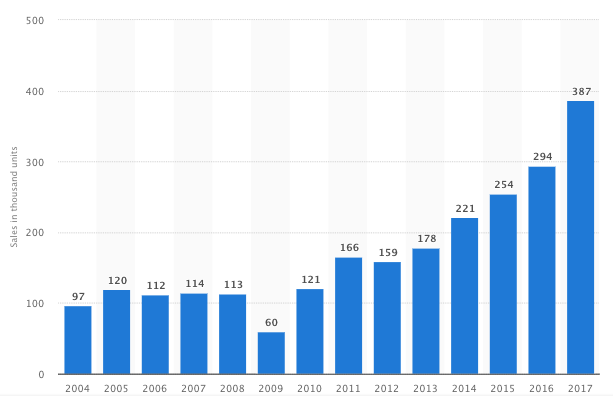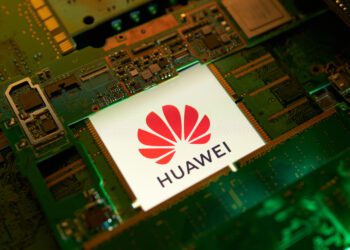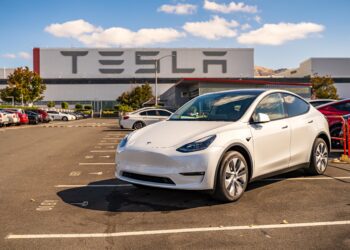In the race for artificial intelligence dominance, it’s currently just a two horse competition.
When looked at on a national level, the race for artificial intelligence (AI) dominance is between two as the United States and China are top of the charts when it comes to investment, talent, research and companies in the sector.
According to a Statista chart, between these two countries, there are areas in which one or the other is far stronger, with China well ahead in terms of investment and financing, talent, research and companies in the sector.
The US has an edge in private sector innovation and essential hardware like semiconductors, but China has greater access to important types of data and is investing heavily to catch up elsewhere.
On one hand, China accounted for 60% of global investment since 2013, while the U.S. is most dominant from the perspective of companies operating in the field.
The US and China both increasingly see success in AI as a national imperative, but to the extent that the countries are in a “race” to master AI, it’s one between Silicon Valley and China’s highly capable tech companies – not governments. Policies that flow from Washington and Beijing will play an important role in shaping how the AI revolution pans out, but government plans and the actual innovation needed to get there are two different things.
For decades, the US’s national technology strategy has been one of benign neglect: keep the government out of the way and reap the benefits of private sector innovation. But that’s now changing under pressure from an increasingly influential contingent of national security hawks. They’re worried that if China catches up to or surpasses the US in AI or other key technology fields, it could blunt US military superiority and dull America’s economic edge.
Here’s a scorecard of how these two global superpowers are developing in the field:


What is artificial intelligence?
Artificial intelligence refers to the creation of intelligent hardware or software able to replicate “human” behaviors such as learning and problem solving.
It is a field of computer science that has been the subject of people’s imaginations and science fiction movies for decades, often portrayed in movies by robots that act like humans in various contexts.
However, artificial intelligence is no longer limited to movie screens; it is part of people’s daily lives, becoming a global market expected to be worth approximately 7,35 billion U.S. dollars.














